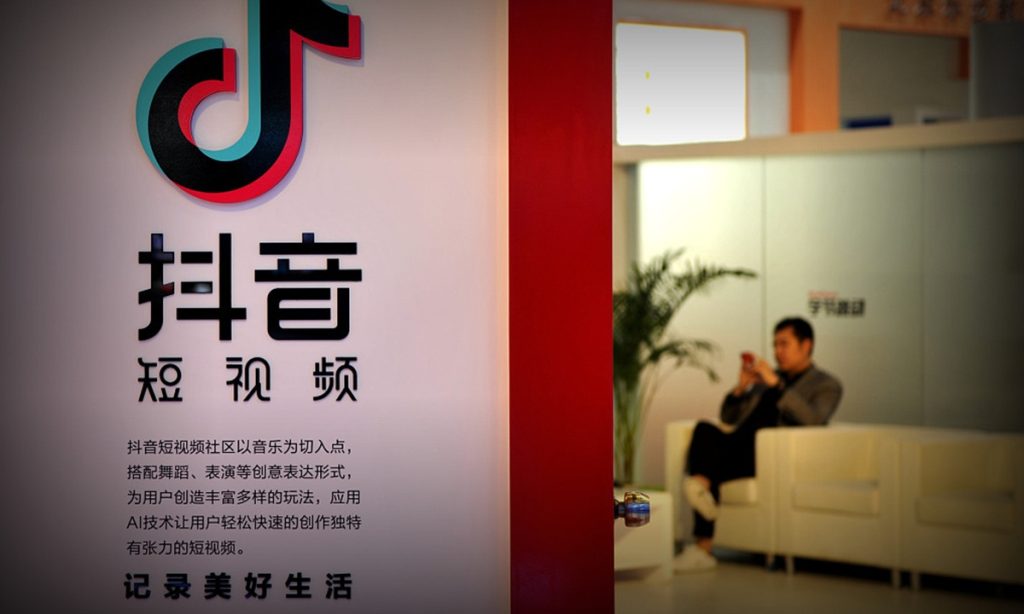Douyin restricts users from publishing political, social affairs, legal and other content for commercial purposes

Douyin, one of the most popular short-video apps in China, released new regulations restricting users from disseminating political and social affairs, financial, legal, or medical content for commercial purposes.
Accounts with a substantial fan base and significant influence will no longer be permitted to own authorization with commercially promoted accounts, granting them the ability to create content covering political, social, legal and medical content.
In response, Douyin told media that to protect the rights of creators and optimize the creator experience, Douyin has adjusted the account authorization function for commercial promotion. This includes no longer supporting government media organizations or accounts that primarily focus on social, political, economic, legal, or medical content, or accounts with a large number of followers and significant influence, to establish authorization relationships with commercial promotion accounts that include content publishing capabilities.
A representative from Douyin’s customer service department told the Global Times that under the new rule, the app will no longer support or grant authorization for individual users (whose who don’t affiliate with any organization) to publish content addressing political, social affairs, legal and medical issues.
The customer service stated that the move aims to safeguard creators' rights and optimize their overall experience on the platform. The revised regulations primarily target collaborations with huge amounts of commercial promotion accounts and local push-outs.
Wang Sixin, a professor of law from the Communication University of China, told the Global Times that as a shepherd in China’s social media arena, Douyin’s move may exert significant impact on self-media accounts. Currently, there is a mixed bag of self-media creators, and the government's regulation of online platforms is closely linked to their social communication effects. "The government has always encouraged mainstream media to regulate professional information related to the industry. Unrestricted publishing of contents on social media will not only cause trouble for regulation, they also bore severe political risks,” Wang said.
Last month, the Cyberspace Administration of China announced this special campaign. The campaign is designated to crack down on influencers' boundless behavior of rubbing and creating heated spots, which mix virtuality with reality. It will rigorously rectify influencers who disregard public interest, violate morals in order to gain public attention.
It will target self-directed fabricating stories, such as unscrupulous manipulation of trending social news, international and domestic news, and indiscriminate distribution of vulgar news to fool netizens and sabotage the internet environment.